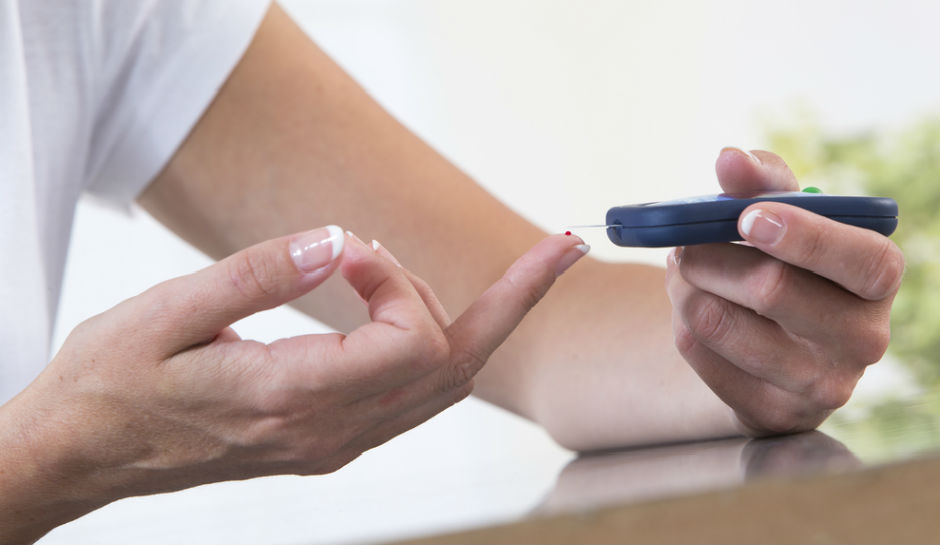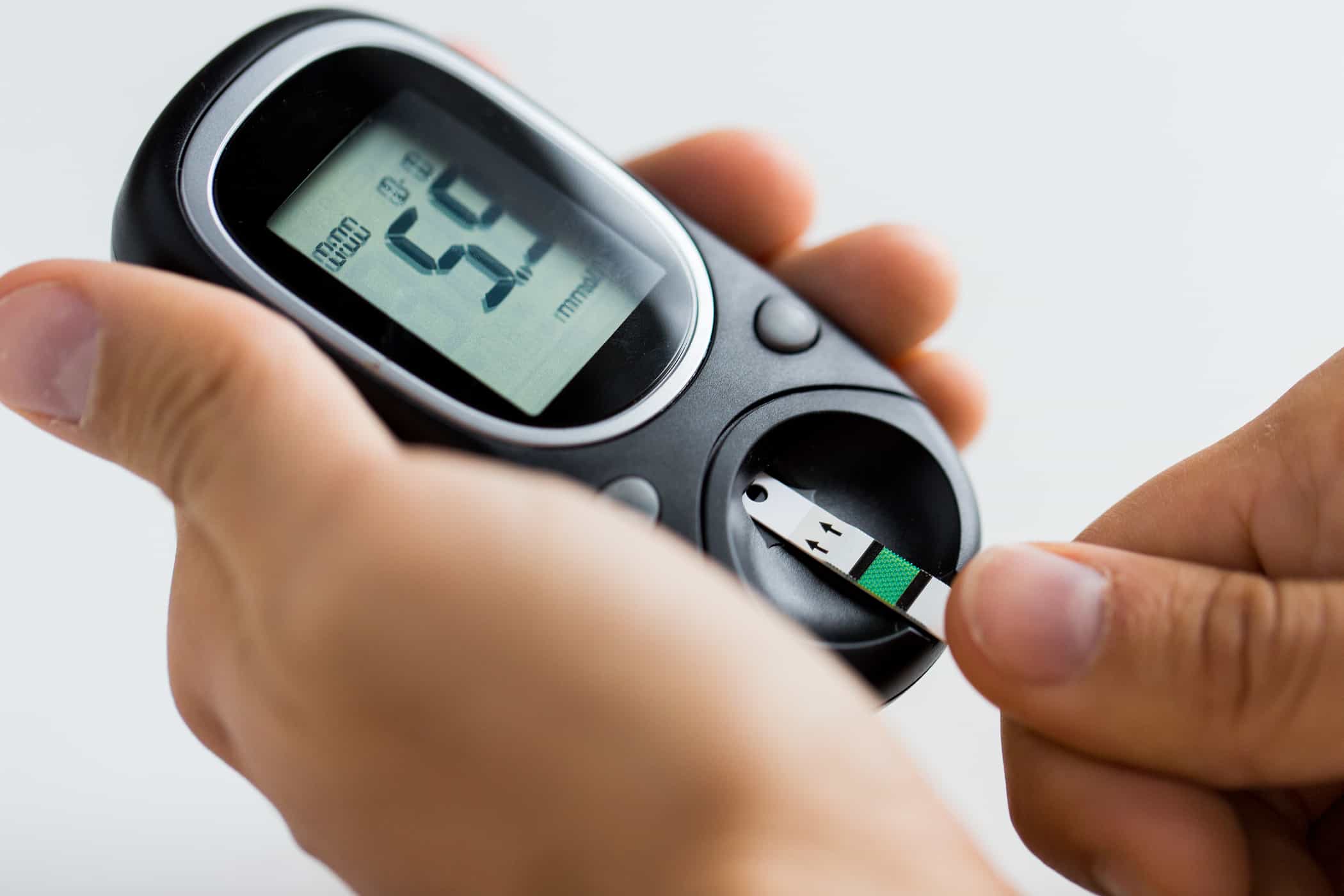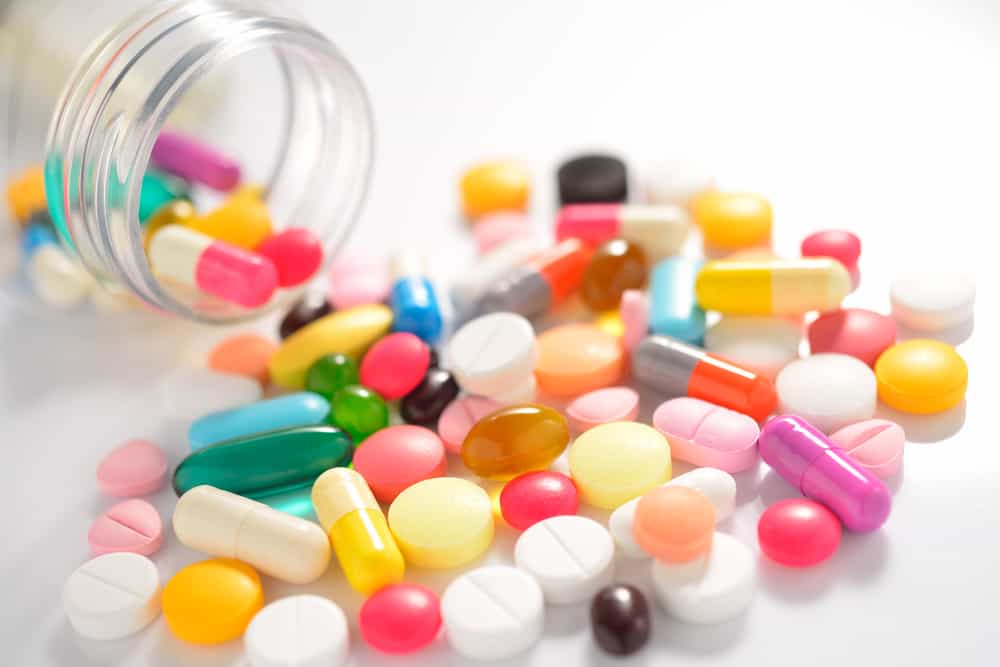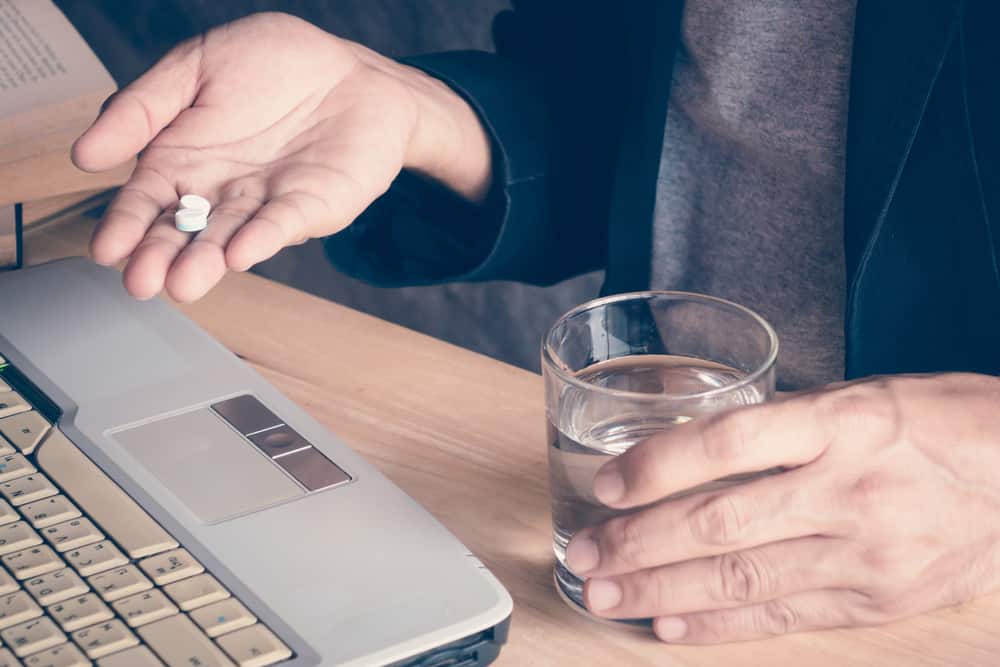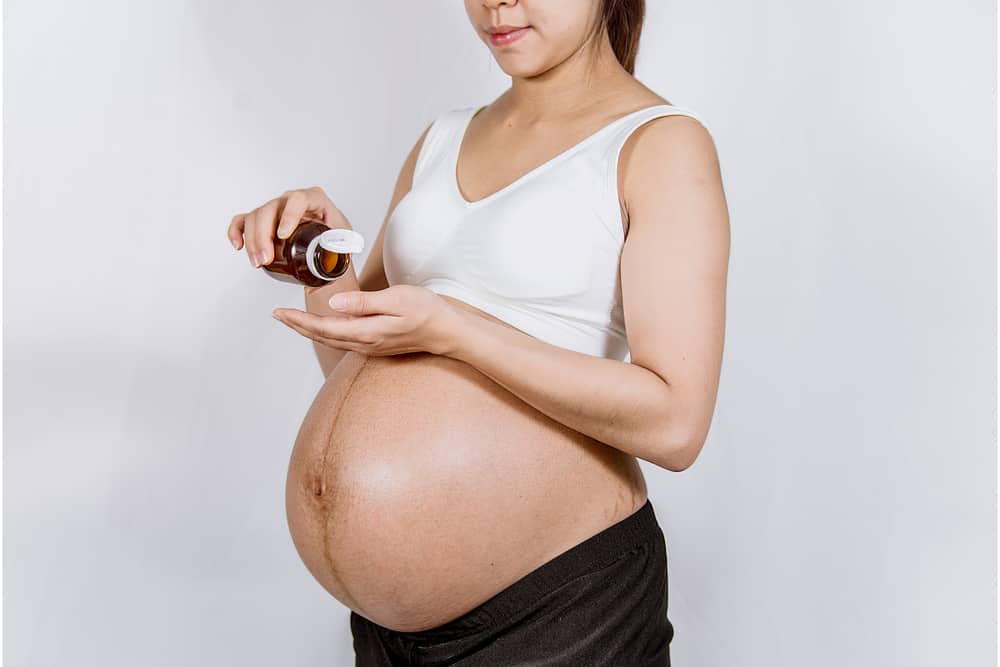Contents:
- Medical Video: 🍬 How To Lower Your A1C Levels - 10 Easy & Clinically Proven Ways - by Dr Sam Robbins
- Factors that influence blood test results
- 1. When do you measure
- 2. Medicine
- 3. How to measure and measure
- Which must be considered when you check blood sugar
Medical Video: 🍬 How To Lower Your A1C Levels - 10 Easy & Clinically Proven Ways - by Dr Sam Robbins
For those of you with diabetes, you may have to control your blood sugar levels every day. Measuring blood sugar levels using a blood sugar test kit (glucose meter) Maybe it has become your daily routine. Yes, you can measure blood sugar levels at home in a simple way. However, is the measurement you have been doing right? Be careful, there are some things that can affect the results of blood sugar tests. Anything?
Factors that influence blood test results
1. When do you measure
Notice when you measure your blood sugar levels. If you measure your blood sugar levels close to the time after you eat, then it's clear that your blood sugar test results will be higher. After eating, of course your blood sugar levels will rise, especially if you eat foods that contain high sugar, such as rice, bread, and sweet cakes.
In addition, stress when taking measurements can also affect the results of a blood sugar test. As a result, your blood sugar will be higher. Lack of drinking or dehydration can also make your blood sugar levels increase. In addition, physical activity or exercise can also affect the results of your blood sugar test. If you measure blood sugar after exercise, maybe the results will be lower than usual.
2. Medicine
Some medications can affect your blood sugar levels. Drugs such as corticosteroids, estrogen (which are on birth control pills), certain diuretic drugs, certain antidepressant drugs, anticonvulsant drugs, and aspirin can make your blood sugar levels increase. Conversely, drugs such as insulin, steroids, oral hypoglycemic agents, and acetaminophen can make your blood sugar levels drop.
3. How to measure and measure
Errors in making measurements alone can make the blood sugar test results less accurate. The most accurate blood sugar test is in the laboratory. However, you might need to do your own blood sugar test at home to help control your blood sugar levels.
To avoid measurement errors, it's a good idea to always read the instructions for using the tool before taking measurements. Tool measurement instructions may vary between blood sugar test kits.
Which must be considered when you check blood sugar
Consider the following when you take measurements:
- Clean your hands with alcohol swab before making measurements. Soap, lotions, food, and other things that stick to your hands can interfere with chemicals in the test strip, making the test results less accurate.
- Make sure the test strip you use is in accordance with the blood sugar test kit you are using.
- Note the expiration date of the test strip. Expired test strips should be removed.
- For accurate results, you should take blood from your fingertips rather than other parts of the body.
- Make sure your blood sample attached to the test strip is in the right amount, not too little. A small number of blood samples can make the blood sugar test results inaccurate. Also, don't add more blood samples to the test strip after the droplets of the first blood sample have been attached to the test strip. It is best to collect enough blood samples first at the tip of your finger and put them in the test strip.
- Insert the test strip correctly into the monitor. This also determines the accuracy of the test results.
- Perform a calibration test of your blood sugar regularly. Make sure the blood sugar test kits and test strips are working properly. Also, always keep the device clean.
- When finished using, store the blood sugar test kit in a dry and cool place. Extreme temperatures can damage the device and make the device inaccurate. Read the tool storage instructions.

